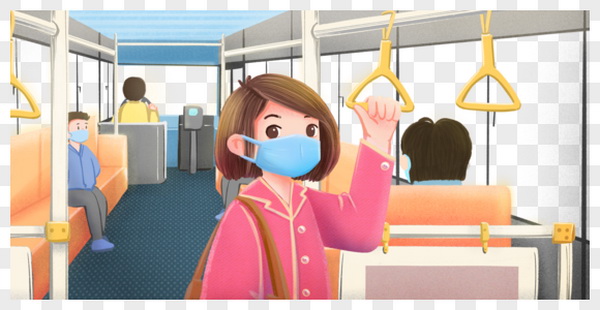It recommends that travelers avoid all nonessential international travel. Here are the things to consider when traveling.

-
Before traveling
– Make sure your organization and its employees have the latest information on areas where coronavirus is spreading.
– Based on the latest information, your organization should assess the benefits and risks related to upcoming travel plans.
– Avoid sending employees who may be at higher risk of serious illness (e.g. older employees and those with medical conditions such as diabetes, heart and lung disease) to areas where coronavirus is spreading.
– Make sure all persons travelling to locations reporting coronavirus are briefed by a qualified professional (e.g. staff health services, health care provider or local public health partner)
– Consider issuing employees who are about to travel with small bottles of alcohol-based hand rub. This can facilitate regular hand-washing.
-
While traveling:
– Encourage employees to wear face mask and wash their hands regularly and stay at least 1 m away from people who are coughing or sneezing.
– Ensure employees know what to do and whom to contact if they feel ill while traveling.
– Ensure that your employees comply with instructions from local authorities and any local restrictions on travel, movement, or large gatherings where they are travelling.
-
When you or your employees return from traveling:
– Employees who have returned from an area where coronavirus is spreading should monitor themselves for symptoms for 14 days and take their temperature twice a day.
– If they develop even a mild cough or low-grade fever (i.e. a temperature of 37.3 C or more) they should stay at home and self-isolate. This means avoiding close contact (less than 1 m) with other people, including family members. They should also call their health care provider or the local public health department, giving them details of their recent travel and symptoms.
